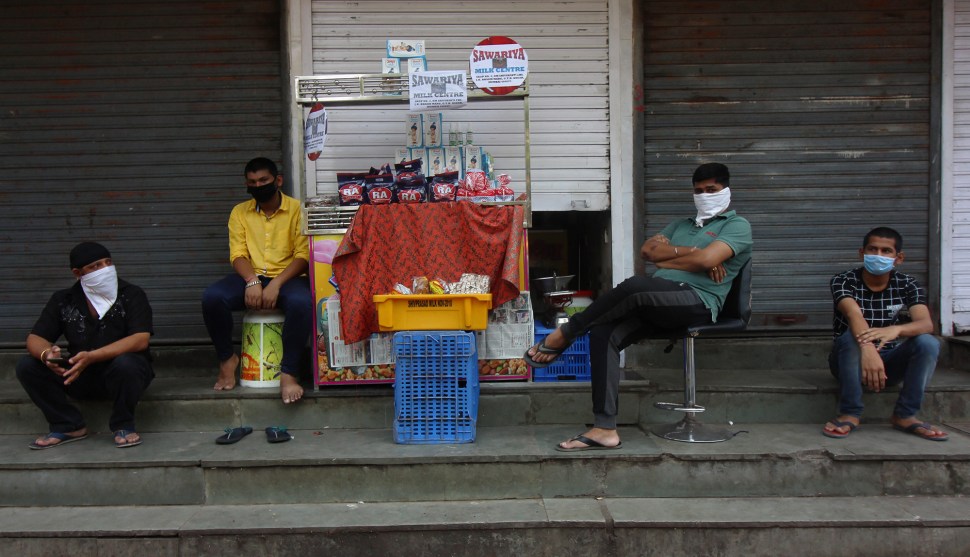
Fighting the coronavirus pandemic in Mumbai.Himanshu Bhatt/NurPhoto via ZUMA
This is currently the issue that has a stranglehold on the back of my mind:
Peru tried to do everything right. Officials declared an early national lockdown — and backed it up with 16,000 arrests. Yet confirmed cases of the novel coronavirus are surging, up nearly 60 percent since last weekend. In Egypt, observers say a repressive government is vastly undercounting the infected. In Brazil, where the president has dubbed Latin America’s largest outbreak a “fantasy,” numbers are skyrocketing.
….Epidemiologists and other public health experts say the coronavirus is poised to spread dangerously south, engulfing developing nations already plagued by fraying health-care systems, fragile governments and impoverished populations for whom social distancing can be practically impossible. They warned of an amplified global crisis in the coming weeks, striking nations that can least afford it at a time when wealthy countries are likely to be too preoccupied with outbreaks of their own to offer the kind of assistance they’ve extended during episodes of disease that were confined to the developing world.
I don’t know why the coronavirus initially took hold in the temperate regions of the northern hemisphere. If we’re lucky, it really does have something to do with our cool climate, which might mean that the virus will spread less quickly in hotter tropical regions. But I don’t know if I’d count on that. One thing we know for sure is that once a single person dies, it means the virus has settled in enough that it can’t be stopped without strict and universal countermeasures.
Economically, I think the global north can weather the coronavirus pandemic. We are not undergoing a normal recession, after all, where recovery is slow because nobody knows for sure when it’s really over. On the contrary: the day will come, eventually, when we can declare victory. In the meantime, the months of lockdown have acted as something of a forced savings regime. When the crisis is over, there will be huge pent-up demand and the economy should rebound quickly.
But that’s treating the northern hemisphere like an island. It’s not. We are connected to the rest of the world, and if the rest of the world turns into an economic disaster area it will have a big effect on us. There will be ongoing supply chain disruptions. There will be bond defaults. There will be currency crises. There will be stock market crashes.
This will be devastating for the countries at the epicenter, but it will probably also be devastating for us. In the worst case, it could turn a temporary regional recession into a whopping global depression.
Anyway, that’s what’s in the back of my mind. What’s in the back of yours?

















